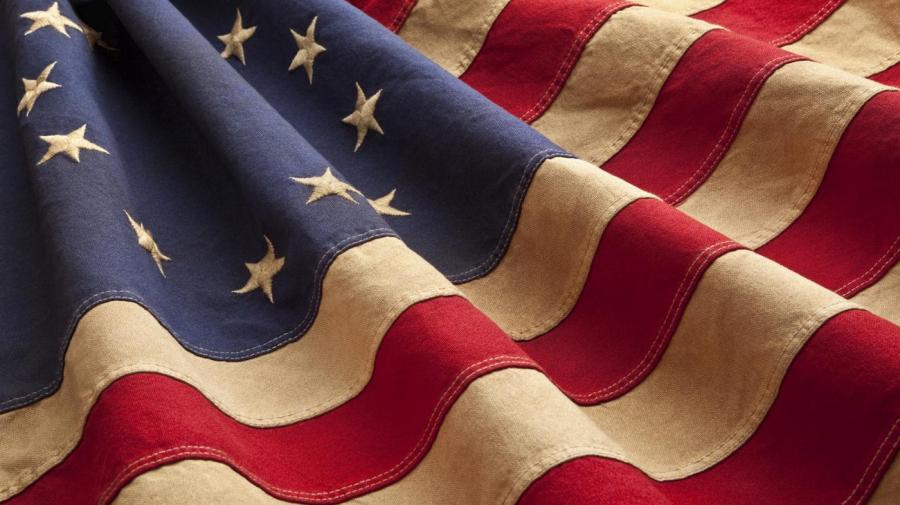The System of Government in the Southern Colonies

In Colonial America, the southern colonies were made up of Georgia, Maryland, Norther Carolina, South Carolina and Virginia. There were two types of government in the southern colonies: royal and proprietary.
Proprietary Government The proprietary government was governed by one person or a group of people who reported back to the king. The king would give a land grant to a person or group of people. That person or group would essentially own the colony. They would control all of the actions of the people. They also controlled all institutions of the government. The other colonists had no control or voice in the government whatsoever. Maryland was the only southern colony that had a proprietary government.
Royal Government The other southern colonies had a royal government. Royal colonies were owned by the crown and were ruled directly by the English monarchy. In the royal government, there was a governor who reported directly to the crown. The governor was often sent directly from England to governor the colony. There was a colonial legislature that was composed of a group of society’s economic elite. The legislature could be appointed by the governor, but was usually elected at the county level. In the southern colonies this was the planter class. This was a strong central government.
The royal government was democratic. The decisions for the government were often made at the county level, and laws could be made by the legislature. This legislature was dependent upon the hierarchal class system. Only white men over the age of 18 who owned land in the colony could vote or be elected. This was a small group in most colonies. However, these laws could be revoked if the governor decided that they were not in the best interest of the monarchy. The main function of the royal colony was to benefit the English crown.
One note of interest is that the colonial legislature controlled the salary of the governor. This was essential to the colonists, as it gave them more control over whether or not the laws they wanted would be passed. The governor was often seen in a bad light when he had to revoke laws to keep with the wishes of the crown. The crown declared that any governor who willfully disobeyed the orders or wishes of the crown would meet his doom. Laws could often be revoked by the crown months after they were established because it took so long to send reports to the crown and get a response back.
Changes in Government The government of a colony could change simply by the crown writing a new charter. A royal colony could change to a proprietary colony, or a proprietary colony could be changed to a royal colony. This would happen whenever the king felt that the colony was not behaving in a manner that suited the crown, or if he feared that the colony was moving to far away from the control of the crown. Eventually, both forms of government were dissolved after the Americas declared their independence from England and the monarchy.





